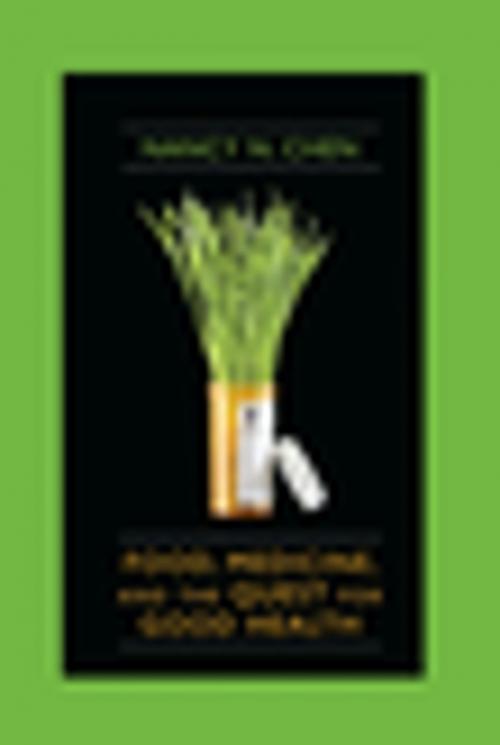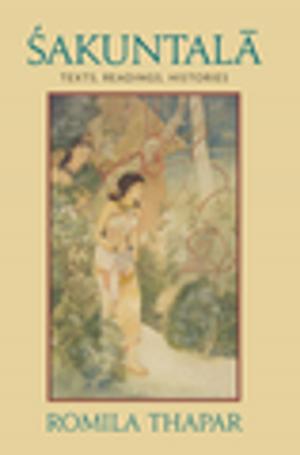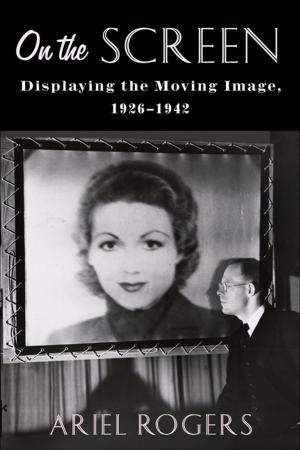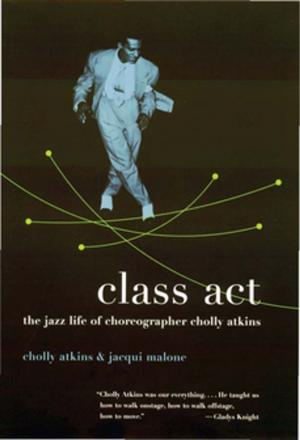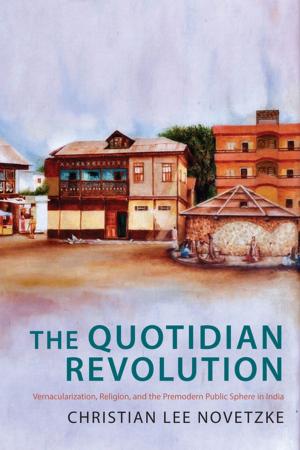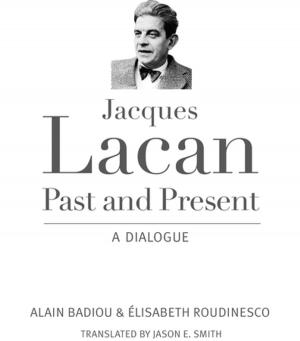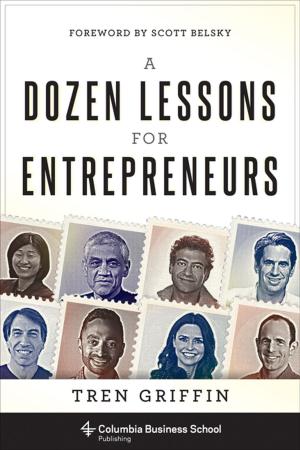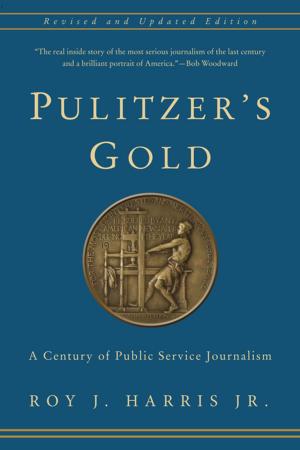Food, Medicine, and the Quest for Good Health
Nutrition, Medicine, and Culture
Nonfiction, Food & Drink, International, Asian, Chinese, Science & Nature, Technology, Food Industry & Science, Food Writing| Author: | Nancy Chen | ISBN: | 9780231508919 |
| Publisher: | Columbia University Press | Publication: | December 15, 2008 |
| Imprint: | Columbia University Press | Language: | English |
| Author: | Nancy Chen |
| ISBN: | 9780231508919 |
| Publisher: | Columbia University Press |
| Publication: | December 15, 2008 |
| Imprint: | Columbia University Press |
| Language: | English |
What we eat, how we eat, where we eat, and when we eat are deeply embedded cultural practices. Eating is also related to how we medicate. The multimillion-dollar diet industry offers advice on how to eat for a better body and longer life, and avoiding harmful foods (or choosing healthy ones) is considered separate from consuming medicine-another multimillion-dollar industry. In contrast, most traditional medical systems view food as inseparable from medicine and regard medicinal foods as the front line of healing.
Drawing on medical texts and food therapy practices from around the world and throughout history, Nancy N. Chen locates old and new crossovers between food and medicine in different social and cultural contexts. The consumption of spices, sugar, and salt was once linked to specific healing properties, and trade in these commodities transformed not just the political economy of Europe, Asia, and the New World but local tastes and food practices as well. Today's technologies are rapidly changing traditional attitudes toward food, enabling the cultivation of new admixtures, such as nutraceuticals and genetically modified food, that link food to medicine in novel ways. Chen considers these developments against the evolving food regimes of the diet industry in order to build a framework for understanding diet as individual practice, social prescription, and political formation.
What we eat, how we eat, where we eat, and when we eat are deeply embedded cultural practices. Eating is also related to how we medicate. The multimillion-dollar diet industry offers advice on how to eat for a better body and longer life, and avoiding harmful foods (or choosing healthy ones) is considered separate from consuming medicine-another multimillion-dollar industry. In contrast, most traditional medical systems view food as inseparable from medicine and regard medicinal foods as the front line of healing.
Drawing on medical texts and food therapy practices from around the world and throughout history, Nancy N. Chen locates old and new crossovers between food and medicine in different social and cultural contexts. The consumption of spices, sugar, and salt was once linked to specific healing properties, and trade in these commodities transformed not just the political economy of Europe, Asia, and the New World but local tastes and food practices as well. Today's technologies are rapidly changing traditional attitudes toward food, enabling the cultivation of new admixtures, such as nutraceuticals and genetically modified food, that link food to medicine in novel ways. Chen considers these developments against the evolving food regimes of the diet industry in order to build a framework for understanding diet as individual practice, social prescription, and political formation.
